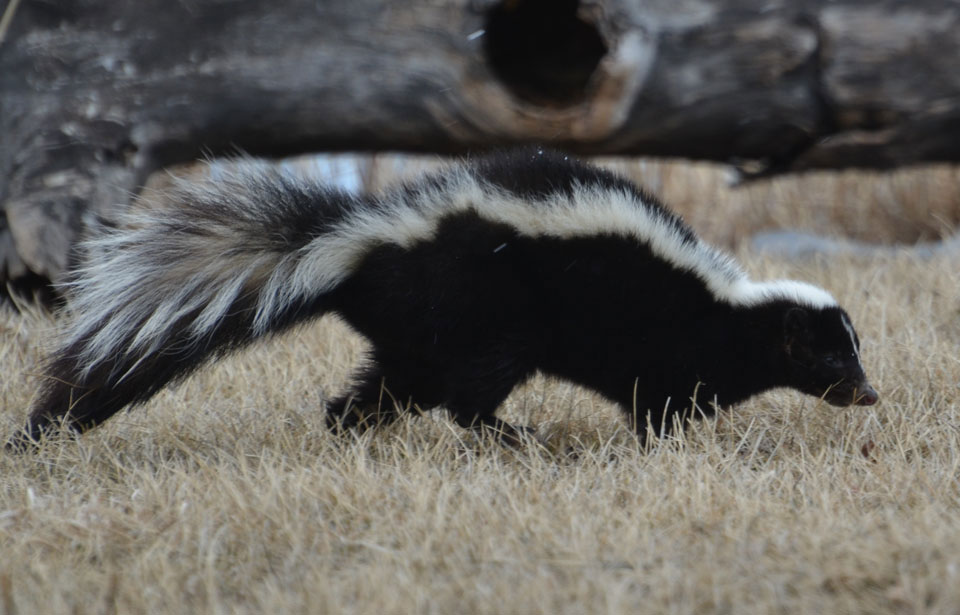Humans often think of themselves as quite separate from, and superior to, wild creatures. In fact, we’re closely connected to every other life form on the planet. What’s more, although wildlife could get along fine if we disappeared — and a lot of endangered species would probably bounce back — we couldn’t survive without the bugs, birds, and beasts that make this world go round. Without wildlife to keep natural processes working, our planet’s ecosystem would collapse. That’s why we need to change our way of thinking and become responsible stewards of our planet’s wild species and spaces.
Here are 10 everyday strategies that can really make a difference for wildlife and habitats everywhere:
- Use cars less. They pollute our environment and run down many wild animals. If you must drive, do so at a safe speed to allow wildlife a chance to get out of the way.
- Don’t let your dogs or cats run free. Cats kill millions of songbirds each year, including endangered species like the prothonotary warbler.
- Support wildlife-friendly farmers by buying food grown without herbicides and pesticides.
- If you find a dead bird with a band on its leg, notify the Bird-banding Office of the Canadian Wildlife Service (CWS). Also notify CWS if you spot a live bird with any kind of marker such as a collar or wing tag.
- Take injured birds and mammals to wildlife care centres. Don’t attempt to rehabilitate them yourself.
- Avoid buying products with disposable plastic packaging. Reuse empty yogurt, margarine, and other food containers. Many animals die from swallowing plastic debris or from strangling on six-pack rings. Before disposing of sixpack rings, cut them up with scissors.
- Be a responsible boater. Never throw trash overboard. Stay out of shallows that are critical habitat for aquatic creatures. Never dump minnows or other fishing bait into the water. Alien species spread this way and upset the balance of ecosystems.
- When hiking and exploring the outdoors, leave birds’ nests and rare plants undisturbed. Stay out of caves and mines where bats may be hibernating.
- Choose cross-country skiing and canoeing over snowmobiling and motor boating. Wildlife will thank you.
- Always speak out for wildlife. Pass on what you know to your family, friends, and neighbours.



